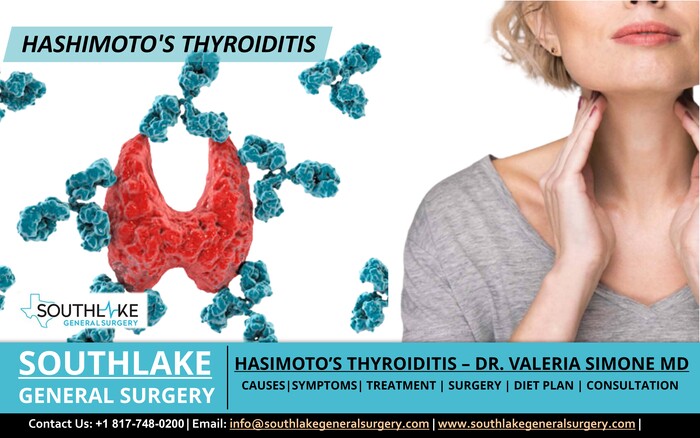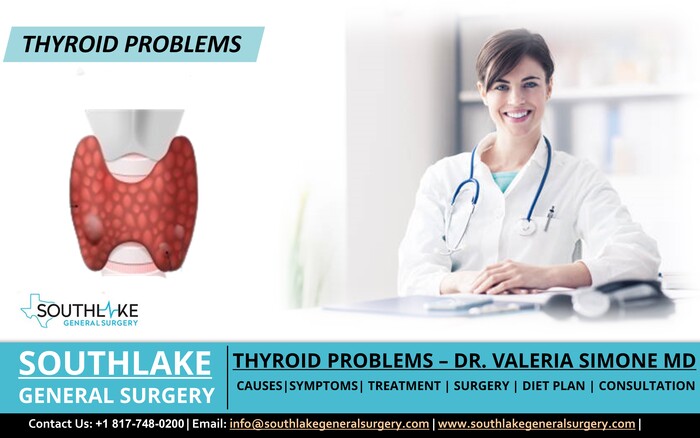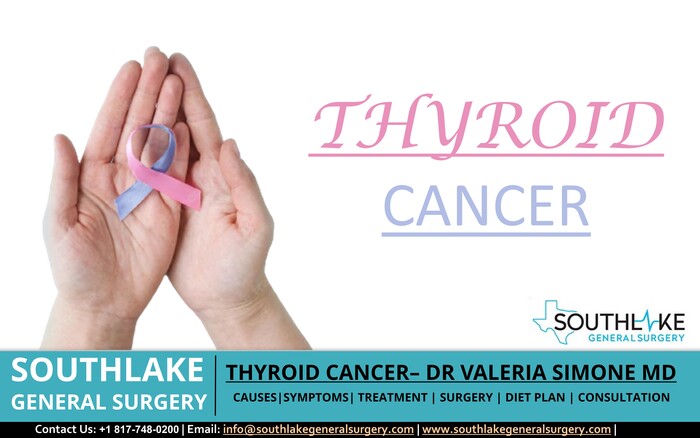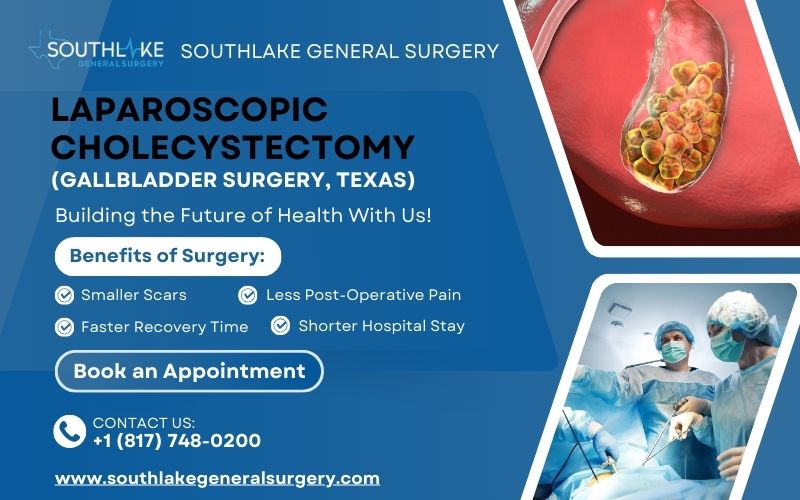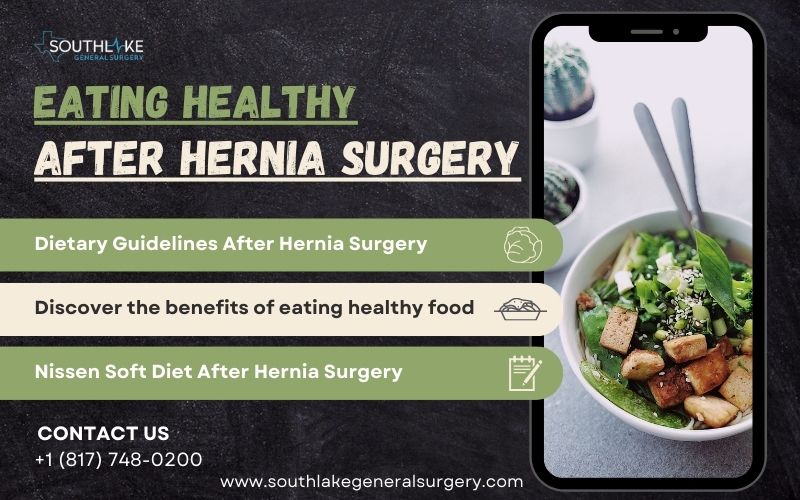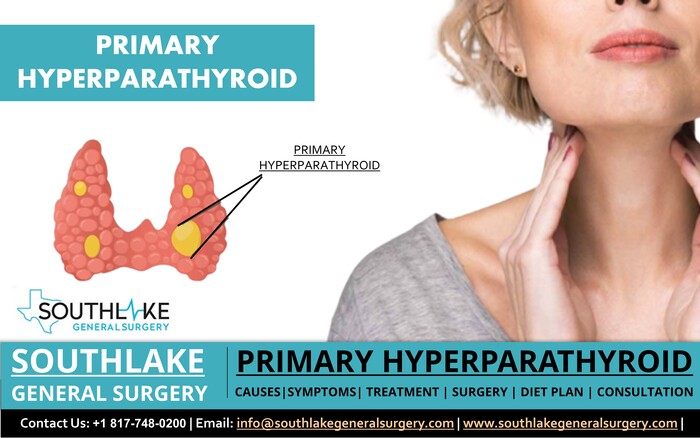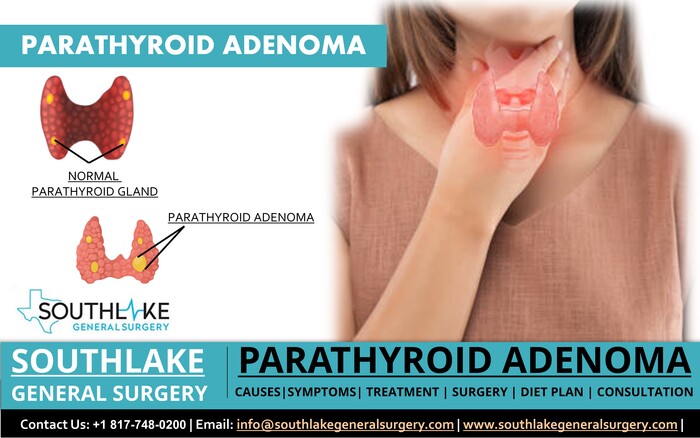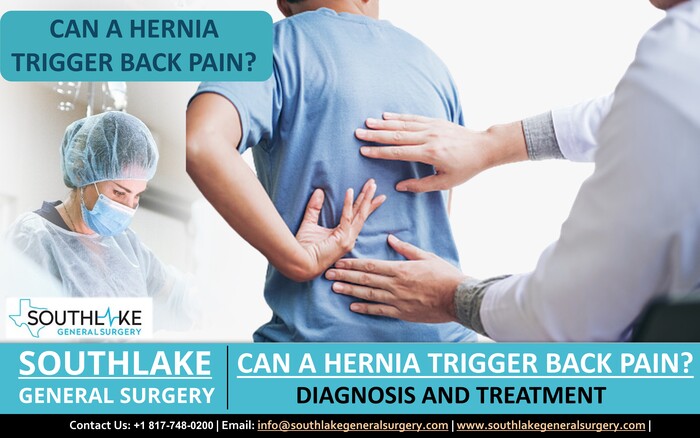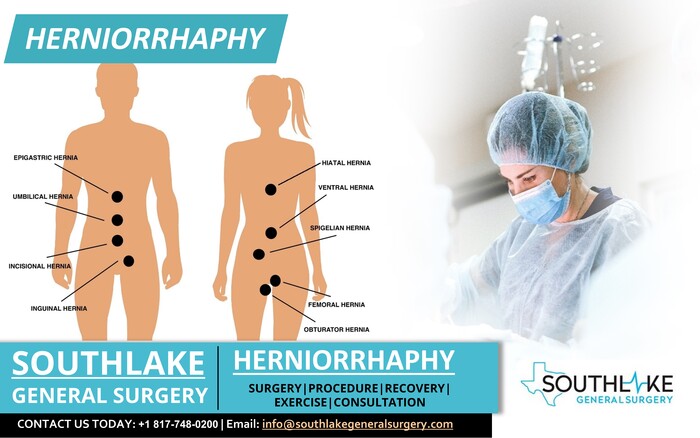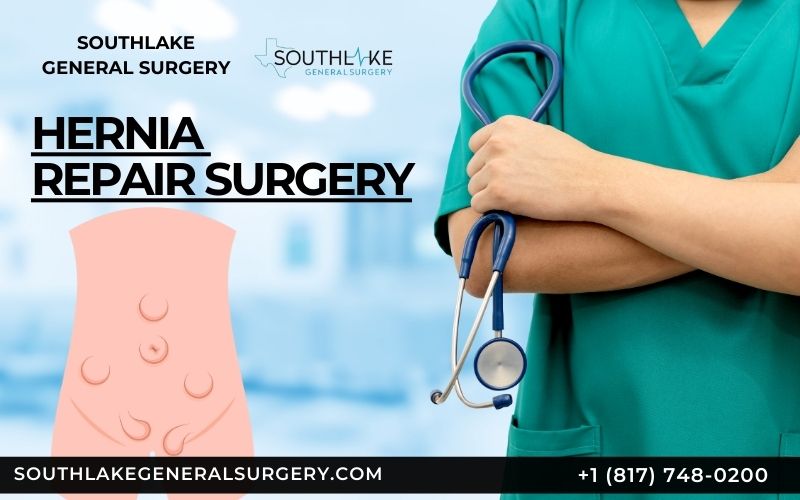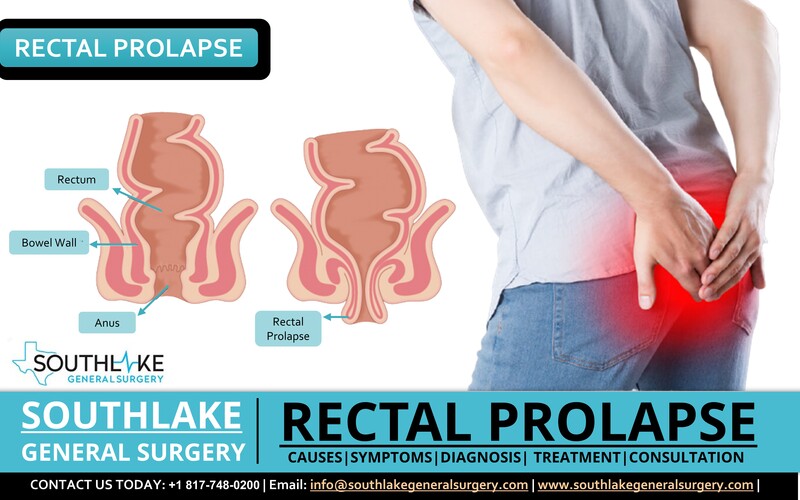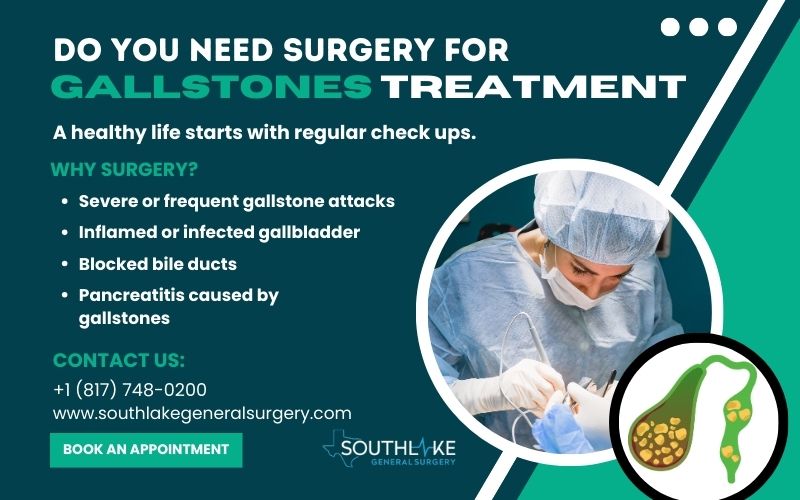Hashimoto’s Thyroiditis also known as Hashimoto’s disease is an autoimmune disease that causes the immune system to attack the thyroid gland, leading to hypothyroidism. When the thyroid gland is attacked, it can no longer make the hormones the body needs.
Read More →
Thyroid problems are a group of diseases that affect the thyroid gland. The thyroid is a small butterfly-shaped gland located in the front section of the neck. It produces hormones that regulate metabolism, cell growth, and other functions in the body.
Read More →
Thyroid cancer is a serious medical condition in which abnormal cells in the thyroid gland grow and multiply in number, forming a tumor. Thyroid cancer is one of the most common types of cancer in the United States, with an estimated 13,000 new cases diagnosed each year.
Read More →
In Laparoscopic Cholecystectomy (Gallbladder Surgery), your doctor makes a few small incisions, to access the gallbladder. In most cases, people can go home the same after gallbladder surgery and can resume their daily activities in a couple of days.
Read More →
Eating healthy after hernia surgery is necessary for quick recovery and healing. Your diet plays an important role in the recovery process after surgery. Depending on where your hernia is, your diet plan may vary. Therefore, it is important to adhere to the dietary guidelines explained by your hernia surgeon to avoid any complications.
Read More →
Primary hyperparathyroidism is a medical condition wherein at least one of the parathyroid glands produces an excess amount of PTH. This can cause the deficiency of bone tissue and it is more common among women than in men.
Read More →
A parathyroid adenoma is a benign tumor on one of the parathyroid organs that include four small glands sited close to or at the back of the thyroid gland. These glands produce parathyroid hormone (PTH). These hormones regulate the amount of phosphorus and calcium in the blood.
Read More →
A hernia is a condition in which a part of the body, usually the muscle or tissue, protrudes through an opening. Can a Hernia Trigger Back Pain? we will discuss this in this article.
Read More →
Diet After hiatal hernia surgery, you may be
wondering what to eat. This article will provide a list of foods that you
should eat after surgery.
Some foods that are good to eat after surgery include lean protein, whole grain, bread and cereals, fruits and vegetables, low-fat dairy products, and water.
Read More →
Recovery time after hernia repair surgery is based on the type of surgical procedure your doctor has proposed. There are two types of hernia surgeries that your doctor can suggest: Open Surgery and Laparoscopic Hernia Surgery.
Read More →
A herniorrhaphy is a surgical procedure to repair a hernia. In this procedure, your doctor repairs the weak spot in the abdominal wall. A hernia develops when an organ pushes through an opening of the muscle or tissue of the abdominal wall.
Read More →
Hernia repair surgery is also known as herniorrhaphy or hernioplasty and it is used for the treatment of a hernia. There are three types of hernia surgery – Open Hernia Surgery, Laparoscopic Surgery, and Robotic Surgery.
Read More →
A hernia is an ailment that occurs when the internal organs, tissues, or intestines push through an opening in the muscle or tissue leading to hernia pain.
Read More →
Rectal Prolapse happens when the rectum (the last part of the large intestines) slips out of the anus. It is a rare medical emergency and may create discomfort. It can happen at any age among men and women. If an individual ignores this condition for a long time, it may get worse with time.
Read More →
Ulcerative colitis is an inflammatory bowel disease that triggers inflammation, irritation, and ulcers in the inside layer of the large intestines also known as the colon.
Read More →
Surgery for gallstones treatment is often necessary to alleviate severe symptoms and prevent complications. However, not all cases require surgical intervention.
Read More →
